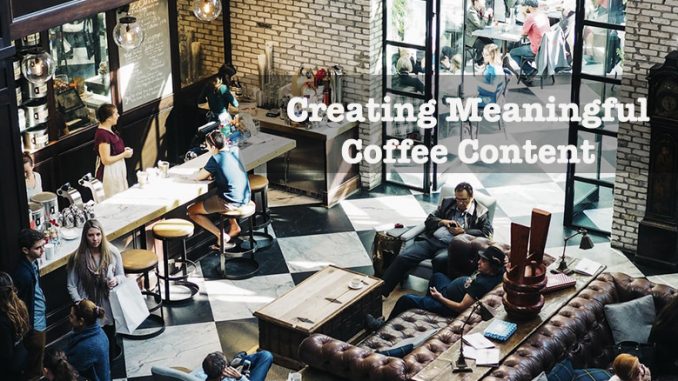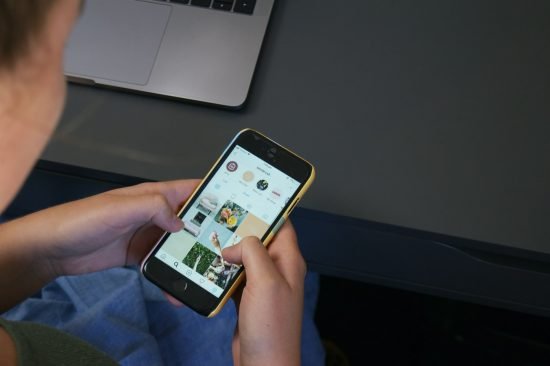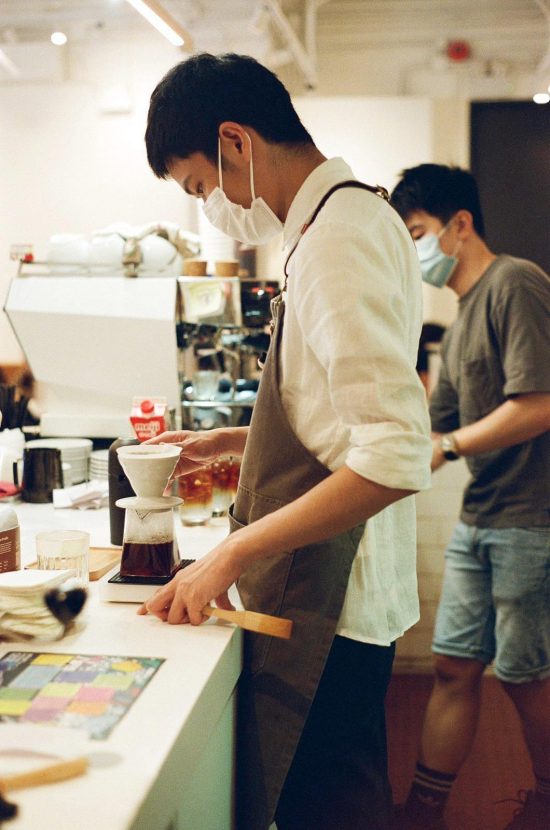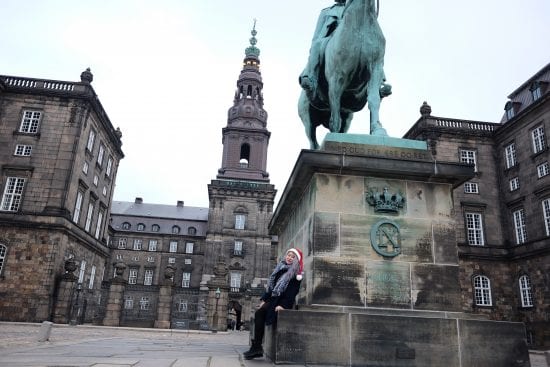
The future of digital coffee content is hopefully as meaningful as it is enjoyable, and it’s up to coffee professionals and influencers to pave the way for a growing coffee connection.
BY TIGGER CHATURABUL
SPECIAL TO BARISTA MAGAZINE ONLINE
Cover photo by The Creative Exchange for Unsplash
With Hong Kong as a case study, we saw how social media is increasing café tourism and virtual coffee experiences, particularly during the pandemic. Going forward, how can coffee professionals and content creators make the best use of media to help nurture growth for the coffee industry?
Baristas and social media influencers have at least one thing in common: They’re both creating something to serve to a wider audience. So when the ultimate goal is to pique interest in all things coffee, how can these two vocations intersect to deliver material that not only engages but also educates the market better? Whether you manage the marketing for your own coffee brand or blog about your experiences as a coffee lover, here are some ideas for uplifting the industry with meaningful impact.

Keep things light but educational
“There’s a great opportunity to engage a wider audience,” says James Hoffmann of Square Mile Coffee Roasters, in response to how coffee is such a prevalent theme on social media. “The pros of this are that many people think that coffee can, or should be, an enjoyable part of their lifestyle as much as their diet,” he says.
As a key opinion leader in the online (and offline) coffee scene, he’s noticed that the content that gets a lot of engagement is usually educational, but focuses on one small thing at a time—for example, why Dalgona coffee works or why salt makes coffee better sometimes. “It helps to have a levity about this stuff; you can be serious about the subject matter but you don’t have to take yourself super seriously. Having things feel fun definitely helps engage a wider audience—even those who want super in-depth information want to enjoy hearing it,” he says.
Show recognition and respect
Every coffee shop is founded with its own core concept and vision, which is why Helen Kwok underlines the importance of being creative when it comes to finding angles or talking points to post about. “When taking photos in small cafés, do respect the coffee, food, [and] barista who prepared the coffee for you, and the customers around you,” she stresses. Her keen eye for discovering and sharing the uniqueness of each coffee shop is obvious on @f.o.v_’s feed, and even more so in her new Hong Kong Coffee Guide, produced in collaboration with The New Norm Studio.
“The feedback [for the guide] has been very encouraging and positive. Some of the readers do take the book around with them when going to cafés and some even look for the baristas being introduced to get the guide signed!” shares Helen. The book is Hong Kong’s first English coffee guide, and is the perfect transition from an expertly crafted digital feed to curated, tangible media that fits right into place on coffee shop shelves and living room tables locally and internationally.

Empower people to improve
Jovian Siu, founder of Pause It in Mongkok and Fortress Hill, agrees with the importance of using social media to educate a wider audience. With Pause It, Jovian wanted to create a coffee experience that people would remember, putting equal emphasis on taste and presentation and bridging the gap between non-coffee drinkers and specialty coffee with an easygoing environment.
One of the café’s quirks is their free pour latte art, with designs ranging from unicorns to seahorses. Customers often come in with special requests for particular designs they see on social media. “The challenge that comes with accommodating these requests isn’t in our bar operation, but rather in making sure every barista has the skills to consistently fulfill the requests,” says Jovian. “This encourages us to train everyone more, even part-time staff, which is a good thing.”

Pause It is in the process of opening a studio this November for workshops catered more toward the home brewing audience. In addition to in-person classes, the studio space will also provide opportunities to film videos on how to use coffee tools or how to brew with different recipes. “When people understand more about coffee brewing through education, you empower them to better appreciate the coffee being served by professional baristas,” he says. “There are so many new shops opening in Hong Kong, but it shouldn’t be seen as competing over the existing market share. We should be expanding the market together, and coffee shops that have been around for a while should work on introducing specialty coffee to new customers through education.”

ABOUT THE AUTHOR
Tigger Chaturabul tried to be a barista for two years until she realized she was better suited behind the business than behind the bar. She now runs her own copywriting and design studio, Curious Typhoon Studio, that serves F&B and other small businesses in Hong Kong. Her free-range creative lifestyle allows her to spend all her time in coffee shops everywhere.

